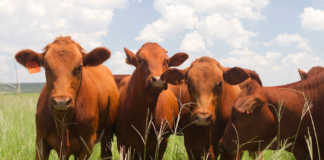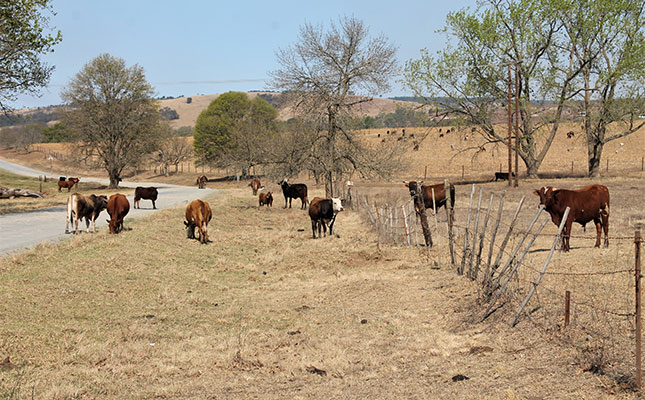This was according to a statement released by the Department of Science and Technology and National Research Foundation’s recently launched Centre of Excellence on Food Security hosted by the Universities of the Western Cape and Pretoria.
The statement, drafted by Professors Andries du Toit, Johann Kirsten and Julian May, suggested that the most likely impact of the policy would be that billions of rand would be spent and lost.
“Farm workers will not benefit, unemployment will get worse, and hunger could well increase, both in the rural and in the urban areas,” they said.
The majority of the food insecure people in South Africa are not farm workers or farmers, but rather those who live in rural settlements in the former homelands, said the statement.
The Draft Policy on Relative Land Rights for Farm Workers released earlier this year by land reform minister Gugile Nkwinti proposes no direct benefit to these communities.
If the proposal was to be implemented most farm workers would be excluded, since the proposal only benefitted long-term permanent workers, said the statement, adding that the “poorly defined equity share scheme proposed by the policy is unlikely to do workers much good anyway.”
Also, according to the statement, many farmers would probably choose not to employ someone when this would lead to a loss of equity.
“The proposal is thus likely to worsen the jobs bloodbath that has already been destroying farming employment since the 1970s and will make the National Development Plan’s promise of 1 million new jobs in agriculture completely unattainable.”
The scheme would also cause serious erosion to the capital base of farmers, with R100 billion lost, and the effect on food production could be equally disastrous.
“As a worst case scenario we can expect to see a drop of roughly R91 billion in the value of marketed production. The result would be enormous increases in urban food prices,” said the statement.
A comprehensive plan to boost labour intensive agricultural production, both in the commercial farm areas and the former homelands would yield far more positive outcomes.












